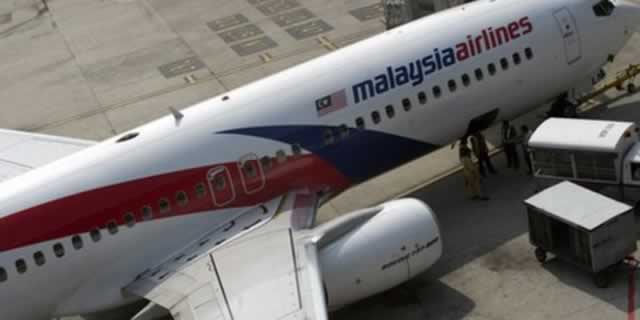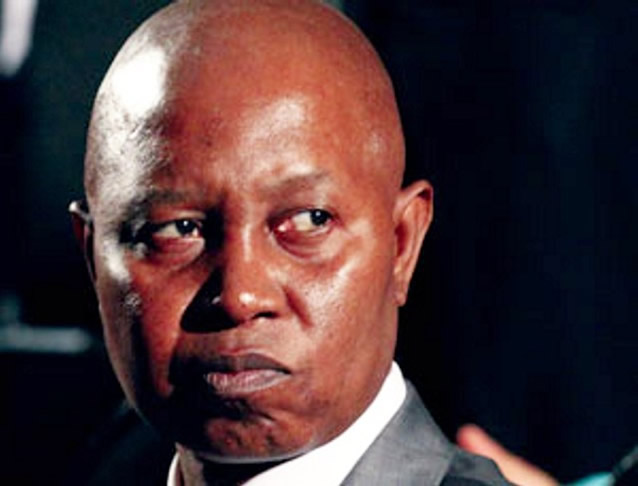Independence Day: 34 years of ideology, decisions, discoveries

Lenin Ndebele
ON Friday April 18, 1980, the biggest story in the world was the attainment of independence by Zimbabwe, a day that shaped your future and my future in a big way.
Our own Herald newspaper — whose edition on that day has become a collector’s item — had its front page lead story screaming “ZIMBABWE IS BORN” and the editor’s comment occupied the top left corner of that page.
There is also the iconic picture of Prince Charles, then ceremonial President Canaan Banana, Governor Lord Soames and the then Prime Minister Robert Mugabe doing what born-frees call “popping cris”, which is a champagne toast.
Page 3 of the issue carries a story about the United States being the first country to declare interest in opening an embassy office in Harare.
This was a sign of good hope with countries eager to integrate the newly established nation into the free world community.
The Chronicle of the same day headlined with: “NOW WE’RE ZIMBABWE”.
Cde Mugabe in his acceptance speech said: “Henceforth, you and I must strive to adapt ourselves, intellectually and spiritually to the reality of our political change and to relate to each other as brothers linked one to another by a bond of national comradeship.”
At that point, Cde Mugabe took Zimbabwe down the same route other post colonial African leaders such as Tanzania’s Julius Nyerere did for their countries.
But the past 34 years are not about nostalgia, they are about years of ideology, decisions and discoveries in all facets of Zimbabwean life that changed our future.
Some of the fingerprints can be found in the 80s where more black people took up university education, became successful business leaders, internationally acclaimed academics, world class sportsmen and international headline-grabbing musicians.
The national army distinguished itself in peace-keeping missions. We held our own in Somalia, Mozambique and the Democratic Republic of the Congo in the 1990s.
Zimbabwe went through the International Monetary Fund-sponsored Economic Structural Adjustment Programme (Esap) “isgumu” in the early 1990s, an economic plan loaded with austerity measures. It was a failure, quickly abandoned. Today, the country has placed its hopes on the home-grown Zimbabwe Agenda for Sustainable Socio-Economic Transformation (Zim Asset) – the most ambitious social and economic transformation plan since 1980.
Zimbabweans are a hopeful lot, so when the President takes to the podium tomorrow, all ears and eyes will be on him.
Other than the ever important historical lesson, people want to hear more about where the country is heading.
After 34 years of independence, we can now safely define a common denominator for the 12 million or so of us — the national interest.
We have made friends and enemies along the way, even earning “frenemies” — all that makes us a better nation than we were in 1980.
The national interest is for all. We should be arrogantly patriotic. Independence Day should be one of those days where we show it.
Opposition political parties, especially those that lost the general elections on July 31, 2013, should come to the party. Seriously, if they are to entertain thoughts of one day being in power, at least they should recognise the country’s most important day and give respect.
Everyone has a role to play in advancing the national interest. It should be taught at home and in public that Zimbabwe is a country that was bought for the price of blood — and the least we can do for those gallant sons who died to secure our freedom is to honour them on this day and forever.
Zimbabweans should be in a position to walk into a room with other compatriots of a different political persuasion and celebrate that which unites us — our right right to self-determination which came through sacrifice.
It should not be hard to defend Zimbabwe to other nationalities. Our political and racial differences should not matter when those things that make us a nation are threatened. For one’s country, a person should adopt a Bolekaja (come down let’s fight) attitude.
Patriotism should not be defined along partisan lines but through a common national interest.
But as it stands in Zimbabwe, the opposition often scoffs, sneers or shrugs at our independence. Their blend of patriotism is not convincing.
On April 18, instead of congratulating the spirited effort by the revolutionary groups that earned us our independence, lobbyists and the opposition will dwell on little things — playing politics on the day that makes us, makes the country they want to rule. They just have to spoil a good party. Where is patriotism in that?












Comments